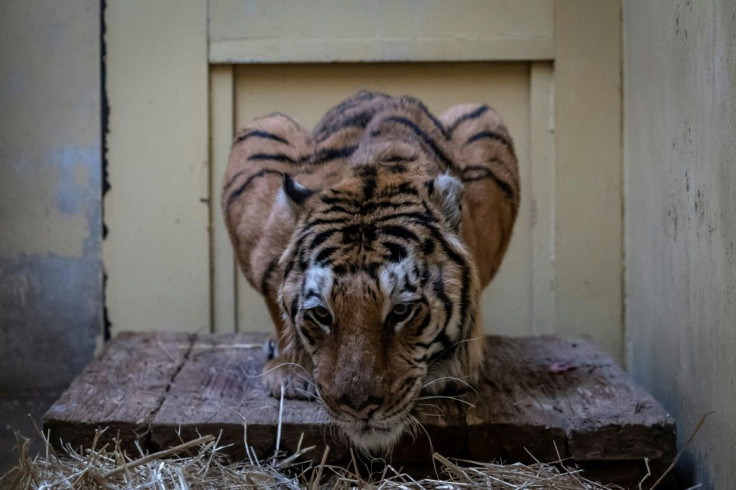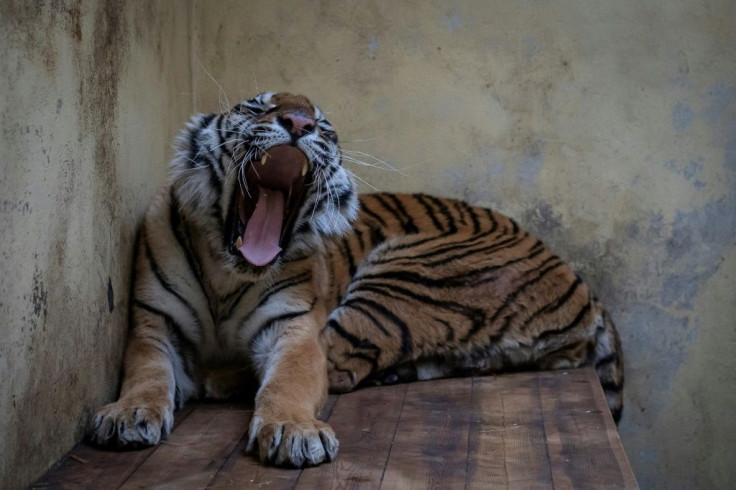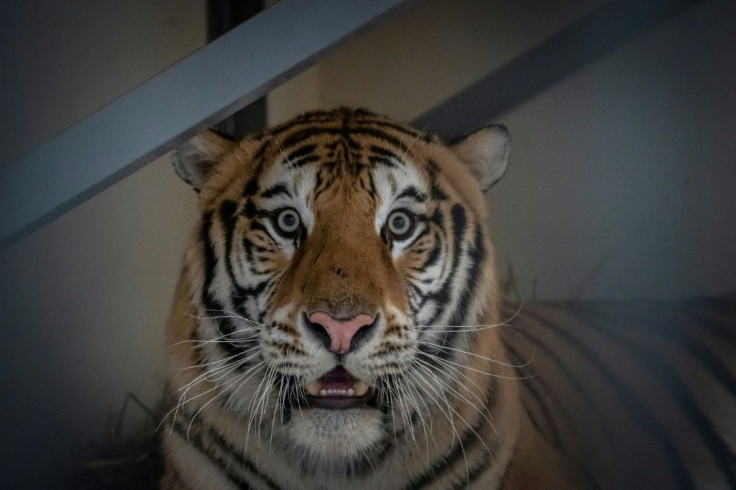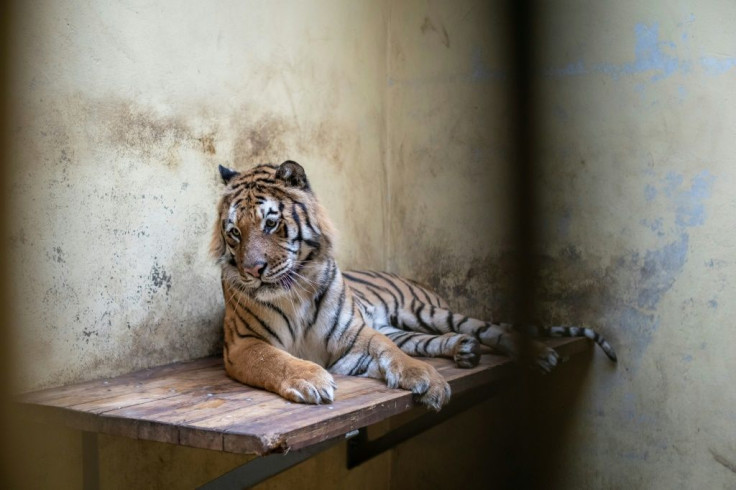Rescued Tigers Get Spanish Safe Haven

Five of nine tigers that narrowly survived a gruelling journey across Europe will be moved to a new home at an animal refuge in Spain after spending weeks recovering at zoos in Poland.
The tigers will leave on Sunday for the "Primadomus" Wildlife Refuge in the south-eastern Spanish town of Villena, Malgorzata Chodyla, spokeswoman for the zoo in Poznan, western Poland, said on Thursday.

Polish border authorities found ten emaciated and dehydrated big cats in the back of a truck taking them from Italy to a zoo in Russia's Dagestan Republic.

Polish prosecutors charged two Italian truck drivers and a Russian man believed to have organised the journey with animal abuse after the truck that set off from Italy on October 22 carrying the ten tigers got stuck for days on Poland's border with Belarus.

Prosecutors also charged a Polish border service veterinarian for failing to properly examine the tigers when they first arrived at the Koroszczyn crossing, where one of them died.
The surviving nine tigers have spent nearly a month recovering from their ordeal at two Polish zoos.
The Poznan zoo described them as "emaciated, dehydrated, with sunken eyes, excrement stuck to their fur, urine burns, in a total state of stress, without the will or desire to live" when they were first discovered.
According to animal rights organisations, only between 3,200 and 3,900 tigers live in the wild worldwide.
Another 7,000 are held in captivity, mainly in Asia.
© Copyright AFP 2024. All rights reserved.




















